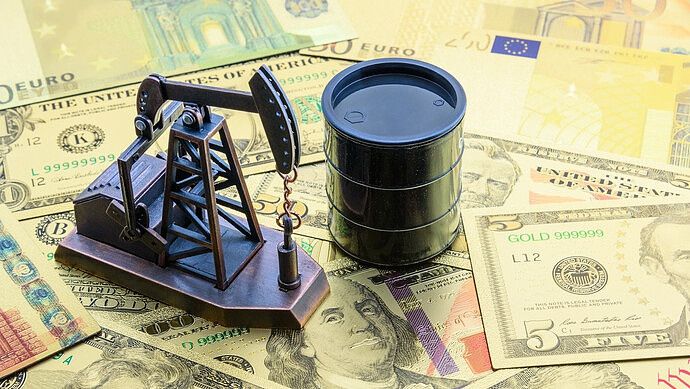WTI holds above $65.00, trading near three-week highs as pressure mounts on Russian Oil

WTI price reached a three-week high of $65.18 on Friday.
President Trump presses Turkish President Erdogan to end Russian Oil imports to tighten pressure on Moscow.
Russia to impose partial diesel export ban, extend gasoline ban — Russian Deputy Prime Minister Alexander Novak.
West Texas Intermediate (WTI) Oil price extends its gains for the fourth successive session, trading around $65.10 per barrel during the Asian hours on Friday. The WTI price rises to near a three-week high due to prevailing supply concerns, driven by pressures on Russian Oil related to the Ukraine-Russia conflict.
United States (US) President Donald Trump asked Turkish President Recep Tayyip Erdogan to stop buying Russian Oil in a bid to tighten pressure on Moscow over the Ukraine conflict. Additionally, Washington will also impose sanctions from October 1 on Serbia’s Russian-owned oil company NIS, which operates the country’s only refinery. The US Treasury’s Office of Foreign Assets Control had first sanctioned Russia’s oil sector on January 10, giving Gazprom Neft 45 days to divest its stake in NIS.
Reuters cited IG analyst Tony Sycamore, saying "Gains were supported by ongoing Ukrainian drone strikes targeting Russian oil infrastructure, NATO's warning to Russia it is ready to respond to future violations of its airspace and Russia's move to halt key fuel exports."
A decline in Oil refining capacity has brought Russia close to cutting crude production, and several regions are already experiencing shortages of certain fuel grades. On Thursday, Russian Deputy Prime Minister Alexander Novak announced to impose a partial ban on diesel exports would be imposed until the end of the year, while extending its existing ban on gasoline exports.
The upside of Crude Oil prices could be restrained amid uncertainty surrounding the Federal Reserve (Fed) policy stance. Chicago Fed President Austan Goolsbee noted that he was not eager to do a lot more policy easing while inflation is above target and moving the wrong way. Meanwhile, Fed Governor Stephen Miran, the Fed's newest policymaker, preferred a more aggressive 0.50% cut to prevent labor market collapse.
* The content presented above, whether from a third party or not, is considered as general advice only. This article should not be construed as containing investment advice, investment recommendations, an offer of or solicitation for any transactions in financial instruments.


